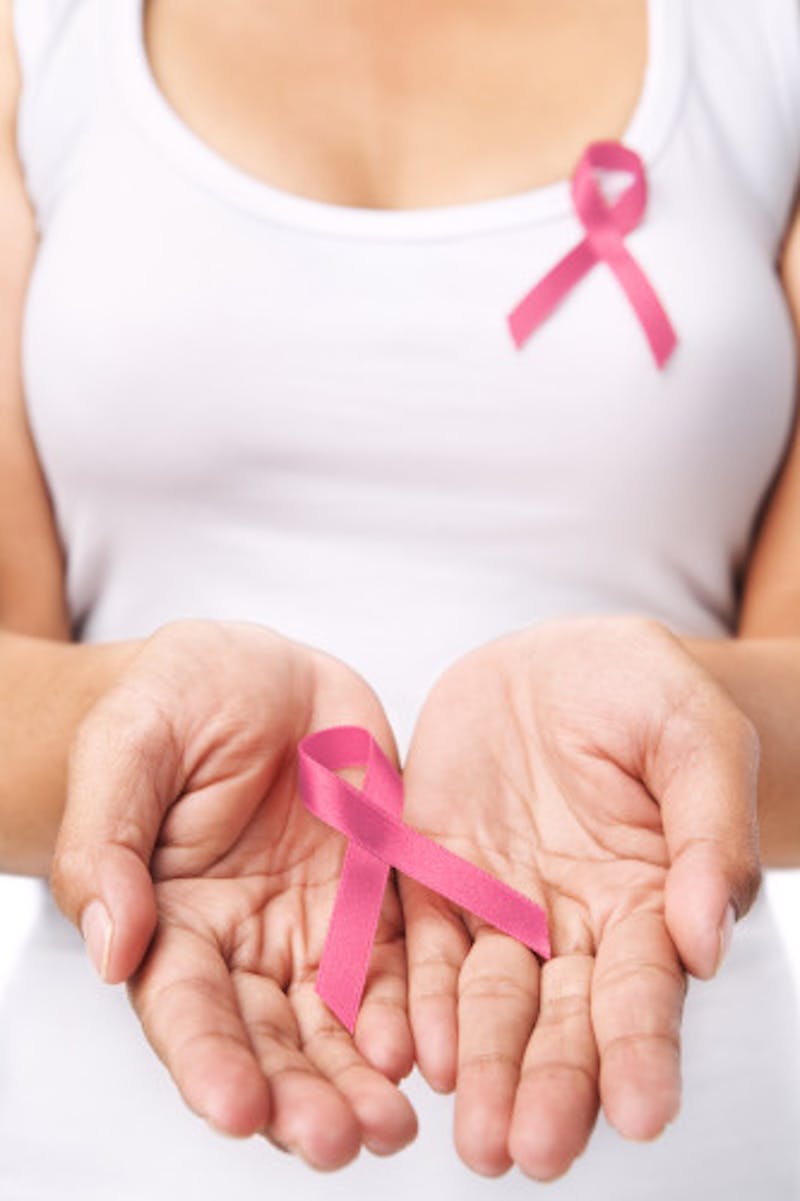
While the month of October marked Breast Cancer Awareness Month, this month’s issue of “Plastic and Reconstructive Surgery,” a medical journal published by the American Society of Plastic Surgeons, highlighted a study regarding women who underwent a mastectomy. The premise of the study was to see if there was a difference in psychosocial issues between those who had immediate breast reconstruction (IBR) to those who had delayed breast reconstruction (DBR).
It’s important to note that it’s a woman’s personal choice as to whether or not she wants to undergo breast reconstruction. While some may not want to pursue it, others do. With that said, it’s imperative for those diagnosed with breast cancer to know of the reconstruction options available to them when a single or bilateral mastectomy is surgically recommended.
According to Science Daily, the study was conducted at the University of Toronto. It was also cited that when compared to the USA, breast cancer medical centers based in Canada tend to perform more DBR than IBR procedures.
It was correctly noted that sometimes not all patients are candidates for immediate breast reconstruction due to a treatment protocol. It’s indeed individualized.
Participants from the study consisted of 106 patients who underwent an autologous breast reconstruction. From this group of patients, 30 patients had IBR following their mastectomy while 76 patients had their DBR roughly three years later.
Science Daily reported, “Before and at six, 12, and 18 months after mastectomy, the two groups completed questionnaires assessing a range of psychological factors. Scores were compared to assess differences in the psychosocial impact of and recovery from mastectomy with IBR versus DBR.” The news source added, “In both groups, anxiety decreased after breast reconstruction.”
In terms of “health-related quality of life,” women who underwent IBR were able to rebound back into this category earlier than those undergoing DBR. However, roughly six months following their reconstruction surgery, DBR patients had a restored sense of “health-related quality of life.”
Science Daily went on to note, “Lessening the psychosocial impact of breast cancer and its treatment is an important goal of breast reconstruction. While the study is not the first to show psychological benefits of IBR, it provides new information on the course of recovery, compared to DBR.” The article continued, “The results suggest that, when appropriate, IBR can avoid a period of psychosocial distress associated with mastectomy.”
While this study offers insight between the differences of IBR and DBR, it’s important to underscore the support a woman should have following her breast cancer diagnosis. In addition to her medical team, including a board certified plastic surgeon if she so chooses, other areas of support also include family and friends. And support such as this will help carry a patient to that finish line called hope.

